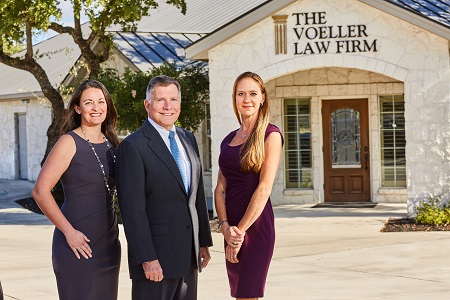What is a living trust?
A trust is a legal entity that is utilized for the administration and distribution of assets. The legal title to the assets and the right to manage them is controlled by one person referred to as the trustee. The other party is referred to as the beneficiary and has the advantageous right to the enjoyment and use of the assets. A living trust was created while the trustor is alive, in contrast to a testamentary trust which was created at the time of or after the death of the trustor as part of the condition of their will. A living trust can be revocable, meaning that it can be altered by the trustor before their death, while an irrevocable trust cannot be. When a living trust is the topic of discussion, it will more than likely be of the revocable trust variety. For many people, a living trust is a legal entity that a trustor created to manage and distribute all or substantial amounts of their assets. Marketing techniques have branded trusts with various names to merchandise them to consumers easier by giving them names like “family trust,” “loving trust,” and “revocable management trusts,” among others.
Are avoiding probate processes worth the payoff?
The appeal of revocable living trusts is that they are marketed in various states as a way to circumvent probate, particularly in states with elaborate administration courses of action. In numerous states, estates are guided through court-supervised administrations where executors must have the court’s endorsement before being able to do practically anything. As time goes on, this can become a very costly process. But in Texas, eligible wills provided for independent administration, which grants an executor the freedom to perform administration tasks and duties without the need to request the court’s approval continuously and without supervision, make the process significantly easier. Probate cost concerns aren’t as big of an issue in Texas as they are in other states.
How does a will differ from a living trust?
A will is a legal document that becomes effective after you die, and it outlines the administration of your estate and the distribution of your assets. Probate is necessary for the courts to consider a will valid and for the process to begin. A living trust outlines the administration of your estate and the distribution of your assets, much like a will does. However, the difference is that a living trust is in effect before your death because it was paid for upfront, meaning that its validity is acknowledged before your passing and without the need for a probate proceeding. The administration and distribution will only begin upon your passing, much like a will. Still, it was paid for long before, unlike a will, where the costs are associated with probate proceedings which initiate the administration and distribution.
Is a living trust a good idea?
Living trusts are growing in popularity compared to conventional wills as estate planning modalities. However, deciding on whether to have a trust or a will depends vastly on your situation. Consult an estate planning attorney for professional advice regarding which suits your lifestyle best.
Can other estate planning options be utilized instead?
The conventional and customary practice for estate planning includes a will and a variety of disability documentation. One of the benefits of a living trust is its functionality in the event of incapacitation. Bear in mind that other alternatives would achieve the same result, such as a Statutory Durable Power of Attorney. Some banks are hesitant to accept and act on a Power of Attorney; however, the Texas Statutory Durable Power of Attorney is typically received at most financial institutions and most banks.
Call Us for a Consultation and Start Planning Today
It’s never too late to start planning your estate. A lawyer can be beneficial with helping you streamline the process and ensuring that you are delighted with the coverage that your estate plan provides you. Our team of attorneys has over 35 years of experience helping families plan for their futures. We welcome you to call the Voeller Law Firm at (210) 651-3851 to request a consultation and learn more about estate planning. We are proud to serve the greater San Antonio, Nexar Country, Comal County, Guadalupe County, and South Texas areas.
Our services go far beyond merely preparing – we do our best to help you protect your future.

